Obviously we listen to a lot of music here at the ID:UD HQ, and inevitably some albums we listen end up being the soundtracks to various activities. We’ve talked plenty about how certain albums have become associated with books or comics, but aside from the odd one-off mention we never really talk about one of the more unique ways a modern album can be consumed: as the ad hoc soundtrack to one of those video parlour games we understand are all the rage. So in the spirit of our attempt to pair up industrial records with liquors a while back, we thought hey, why not talk a little about some of the fruitful ways that a game can interact with an album, and what commonalities or complimentary qualities might exist between them?
We should note for the record that this article is based solely on games we’ve actually played recently, and excludes many of the ones where the actual in game music was a critical part of the experience. We’re a music site, and our taste in games is what you might call a bit prosaic: these are all major studio games (and first person ones at that), most of which came out a couple of years back. As a rule we wait for games to be given the thumbs-up by umpteen tastemakers and friends before shelling out for them at a well marked-down cost. We don’t have the money or time to gamble on triple-A presales presuming that EA won’t shit the bed or keep up with every groundbreaking indie release (although surely Laibach would pair well with Papers, Please); we expend those resources keeping you in the loop musically. That said, we’d love to hear what you spin while you game (or what you think we should be playing), so please feel free to leave your own pairings in the comments!

Be thankful we didn't bring up the original Console Wars: we fought on separate sides and can never fully trust one another.
Alex: Dark Souls & Saltillo’s Monocyte
If you haven’t heard about Dark Souls (quite a feat considering the choir of adherents the game has accumulated since it’s release in 2011) there’s one thing you should know about it: it is tantrum-throwing-cursing-out-loud-reduce-you-to-tears hard. The throwback action RPG flies in the face of current trends by refusing to hold the player’s hand, slapping them right in the chops right from the first spawning. You appear in a dungeon, you die and you lose all your accumulated shit, you respawn and go back to your virtual cadaver to get it back, and within the next 30 seconds you’re likely to die again and repeat the whole process. The formula of the game is a simple one, making even the most basic battles so unforgiving that each achievement has actual weight and value. To wit, you learn by dying. A lot.
Any nominal soundtrack is gonna have to fulfill a few criteria, firstly that it has to be at least somewhat appropriate for the game’s deep mythology and classically simple (but hella atmospheric) fantasy setting, and secondly that it has to be at least a little bit soothing on the listener lest they spike their controller directly through their TV set. Enter Menton Mathews III aka Saltillo and his 2011 opus Monocyte. Actually intended as a soundtrack for his comic of the same name, the album’s use of strings, dusty samples and simple breakbeats is deep enough to provide some audio texture for your journey deep into Dark Souls’ implied mythology while not getting in the way while you learn to dodge that giant mace wielding ogre that just came out of nowhere and FUCK I DIED AGAIN, GOD FUCKING DAMN IT.
Bruce: Deus Ex: Human Revolution & Encephalon’s The Transhuman Condition
The timing and thematics couldn’t have worked out better with this pairing. I was cautiously optimistic about the third Deus Ex game after early previews had intimated that it held much closer to the immortal original game (talking about all of the records that go with a game that nuanced and replayable is a subject worthy of a post unto itself), and had avoided the pitfalls of the tepid second iteration. At the same time, I had Encephalon’s debut LP on repeat; on the first few spins the album definitely seemed to hold up to the promise of the Drowner EP, but I still had questions about it and wanted to see how further listening would answer them. The more I listened, the more I noticed how impressive Matt Gifford’s feat of paying tribute to the electro-industrial tradition while retooling its structures from the very core was. What could have been a rote genre exercise turned into so much more, and was indeed mine and Alex’s favourite record of the year.
At the same time, Human Revolution was, if not superseding its originator in my experience, definitely doing monkey flips over the drab stealth-and-shoot title I feared it might be, ably mixing in adventure and RPG elements alongside a captivating world building experience. The further I played, the more I came to appreciate the nuance with with Human Revolution treated the subject of human augmentation and the first awkward steps at transhumanism: rather simply being “the rapture for nerds”, these advances brought a pack of social, economic, and philosophical questions into focus, many of which were also being dug into on the album that I just couldn’t seem to stop listening to. “A new dawn of complexity,” indeed.
Alex: Dishonored & V▲LH▲LL’s R▲VENS & GH0STS
There was plenty to like about alternate history stealth-action game Dishonored, but sadly the music wasn’t really that notable. While the rest of the game oozes detail oriented design and sports some pretty deep world building, the story of disgraced royal guard Corvo could have used a little more oomph in its soundtrack. The boilerplate cinematic score by Dexter composer Daniel Licht had plenty of atmosphere but was unobtrusive to a fault, never adding more to the magical version of 1666 London than a vague sense of dread.
That’s the cue for mysterious post-witchhouse act V▲LH▲LL and the mystical fog that pervades their whole catalogue, but especially this collection that includes both the Għøsŧs Of Λnŧįquįŧұ and MΛLLEVS MΛLΞFIC▲RVM EPs. The secretive musical collective are just so damn good at at combining misty and obscure sounds borne from a blend of electronics and sampled bells, choirs and strings, with just the right amount of drama in the mix to lend all those nasty assassination and infiltration missions the right dollop of spooky tension. Dishonored is all about the new disguised as a different take on the old, the same can be said for V▲LH▲LL, who despite being a purely electronic act always feel like they’re summoning something aged and terrible on every track.
Bruce: The Elder Scrolls V: Skyrim & In The Nursery’s L’esprit
Oh, Skyrim. How many months did I spend roaming your hills, scaling your mountains, plumbing the depths of your caves, crusading on behalf of your peoples, and making pincushions out of your dragons with arrows laden with countless enchantments? You’ll notice I’m talking about the land, not the game, because more than any gaming experience since Shadow of the Colossus, Skyrim was less about completing quests, leveling up and looting dungeons than it was about discovery and exploration. I never flexed with Second Life or Sims type worlds, but for a while there, after a rough day at the office there was precious little I enjoyed more than hopping over to Skyrim to get away from it all. Maybe I’d rid an abandoned temple of vicious undead. Maybe I’d climb a mountain. Maybe I’d spend some time in the attic brewing potions. Or maybe I’d just take a stroll through the woods at night, never knowing who or what I might bump into.
Obviously I listened to a huge range of albums during the year-plus I spent roaming Skyrim, and stuff with folk and martial themes held sway, but I would also try to find music that suited its more quiet and reflective moments alongside the blood-drenched hammer-blows. Time and again I found myself cuing up In The Nursery, specifically their 1990 magnum opus, L’esprit. It’s replete with all of the bombast and neoclassical vigor which has put the Humberstone brothers’ compositions in trailers for historical and fantasy epics, but it’s also full of quiet, continental shimmers of impressionist beauty which perfectly captured the experience of happening across one of the creeks, glens, or other pieces of beautiful scenery which have produced their own Tumblrs. It’s been a while since I paid a visit, but sometime soon, when I have some vacation time saved up…
Alex: Far Cry 3 & Cut Hands’ Black Mamba
William Bennet of Whitehouse is known for being something of a provocateur, the kind of guy who is good at attracting attention both positive and negative. The advent of his “Afro Noise” project Cut Hands was actually a bit of a surprise in that it focused almost solely on the use of percussion and electronics, and only occasionally dipping into the confrontational noise that has been Bennet’s trademark. Of course the implied exoticism of his music (especially on sophomore LP Black Mamba) could be construed as problematic, which perversely makes it a kindred spirit to Far Cry 3, a game awash in issues of white saviour tropes and jungle “savagery”.
While you can’t absolutely dismiss either piece of art on those grounds, it’s worth noting that the vicious and unpleasant nature of Cut Hands’ music is a perfect accompaniment to FC3’s discomforting YOLO-Heart of Darkness storyline that takes a profoundly unlikable trustafarian protagonist and transforms him into an equally unlikable but much more entertaining murderer. Something about the beat of Bennet’s drums as you torch a marijuana crop with a flamethrower is just undeniable, and while I’m unsure if either piece of art is really self-aware enough to justify the liberties they take, their kinship speaks to some kind of deeper narrative concerning man’s capacity for beastly aggression.
Bruce: Mass Effect Trilogy & Architect’s Mine
When I finally completed the Mass Effect trilogy, I was left with such a surfeit of emotions and thoughts it took me months to sort them out and come to some understanding of what I’d been through. Like my favourite novels and films, the game had come to an end, but was irresolvable. I’ve found the most profound emotional impacts in any narrative experience, no matter the medium come from turns which hinge on attachments to characters or themes you didn’t realise you’d forged, or at least not as strongly as you thought you had when something about them changed or shifted. The evacuation of the Normandy at the beginning of the second game, the distance which time and death have placed between Shepard and her (FemShep FOR LIFE) loved ones upon their reunion, Mordin Solus’ moral crucible…all of these gave me experiences and feelings I didn’t know video games were capable of, full stop.
Like Mass Effect, Daniel Myer’s Mine was full of similar fantastic climaxes – the klaxons swooping in at the apotheosis of “Hummingbird” like a fleet of Reapers, the punching groove of “The Sun” like a Cerberus firefight – but it was also the work of a master craftsman (or perhaps calibrator): someone who understood the techniques and structures of the field they were working in (the most sprawling and open-ended understanding of IDM as a genre in this case), and used that knowledge to both exemplify and transcend that field. In the dusty hush of “Closer”, in the smothered subway heat of “Set My World On Fire” there was succor and space for reflection on the strange, permanently affecting journey Shepard and I were on. I’m glad it was there for us.
That’s it for us; we’re back to RBI Baseball and WrestleFest breaks between writing record reviews. Got another pairing to suggest? Post it below!


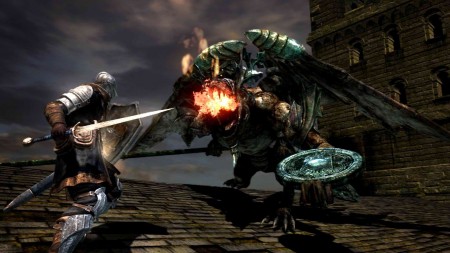
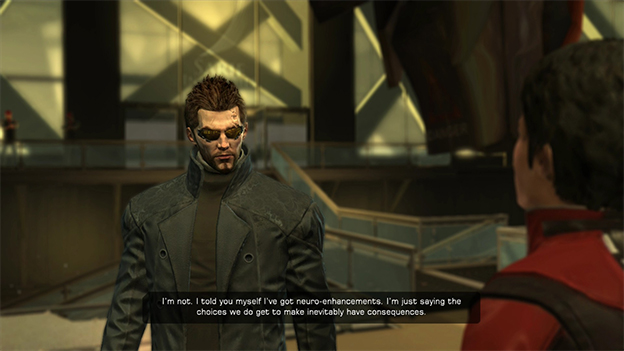
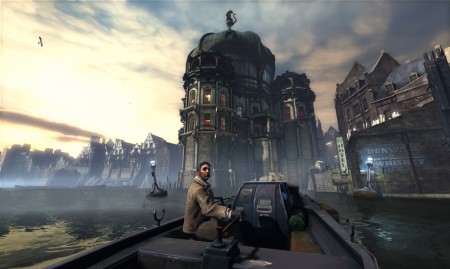
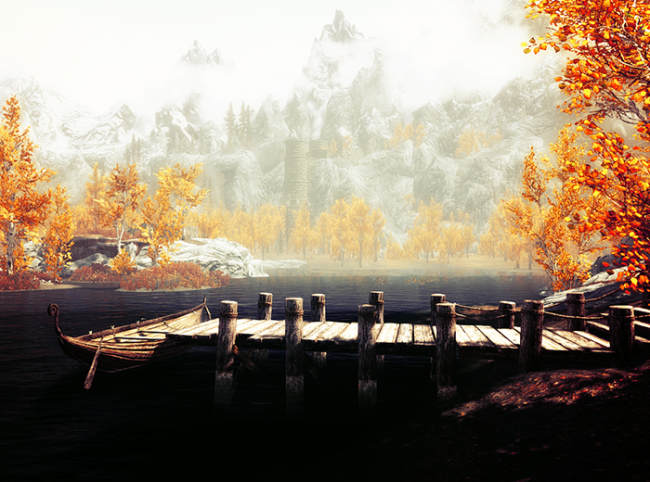
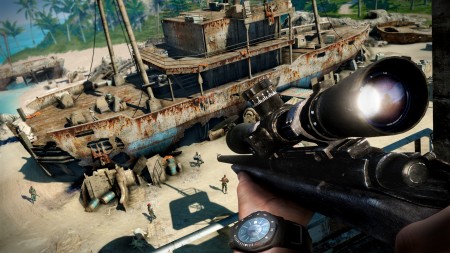
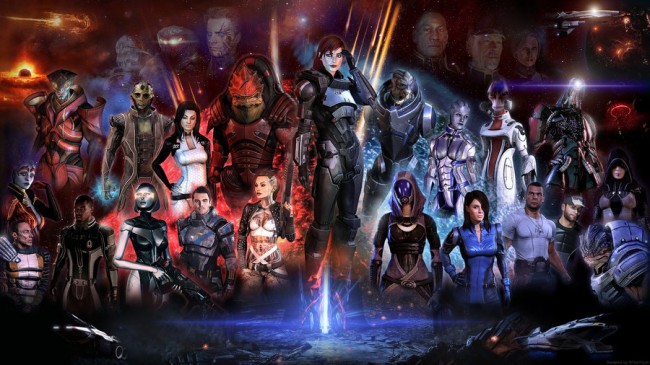
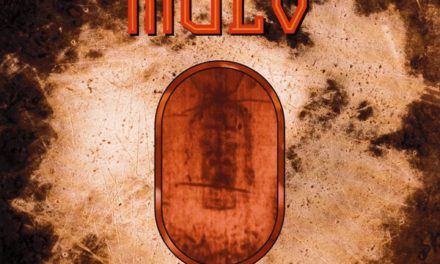
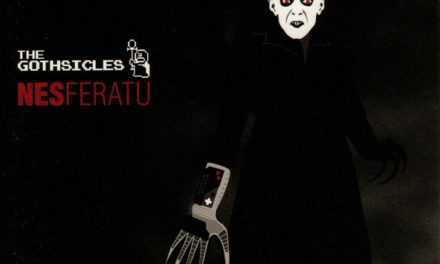


I always thought that Ghost & Writer’s song “Never Take Fire” paired well, thematically, with the plight of Corvo in Dishonored.
(The Rotersand^h^h^h^h^h^h^h^h^hSecret Rework: http://www.youtube.com/watch?v=nQg_-tGS4Dk)
Some spoilers follow, so shut your complaining hole if you’ve not completed the main quest of a nearly-two-year-old game, yet but choose to read on heedless of my warning.
For those still here, I find some of the lyrics particularly evocative:
“You keep scratching the faces off coins you’ve collected as part of your dream of a picture book future full of picturesque scenes”: Corvo was disgraced because he failed to protect the Empress from the assassin Daud and the whalers. He craves revenge, but that takes money — and he sees his lover’s face on every coin that comes into his possession. Perhaps it’s not too much of a stretch to imagine Corvo scratching the faces off coins he’s collected. Aside from revenge, Corvo’s other goal is to rescue his daughter, the results of which depend on his proclivity for stealth — if you’ve seen the ‘good’ ending, I think the picturebook future aspect is well I represented, too.
“You descend all the way to the end ’cause a sere soul merely glows like coal — it never takes fire”: Sere is the operative descriptor here, an old Engrish word meaning dry, brittle and empty; probably one could understand why Corvo’s emotional state might match up here (There are “cracks in the shell” at the very least). His desperate, dark congress with the Outsider and the intimation by certain denizens of Dunwall that it will lead to the torment of his soul after his death must weigh on his mind — but no matter how low he sinks, crawling through sewers to avoid Tallboy patrols or ‘non-lethally’ sending those who have wronged him to fates arguably worse than death, he can at least take grim reassurance that he won’t exactly burn for what he’s done — not with extras dimensional allies taking such an interest in his affairs.
Well, perhaps a little long for a comment. This was an interesting change of pace — thanks for the read!
-ED